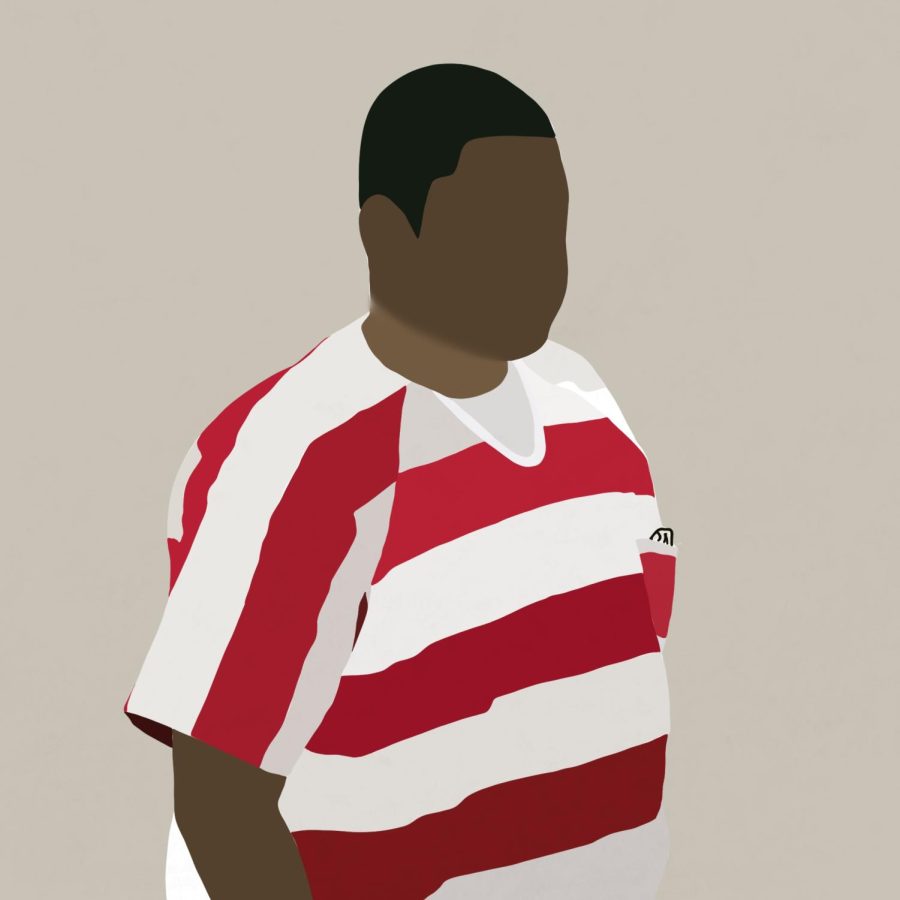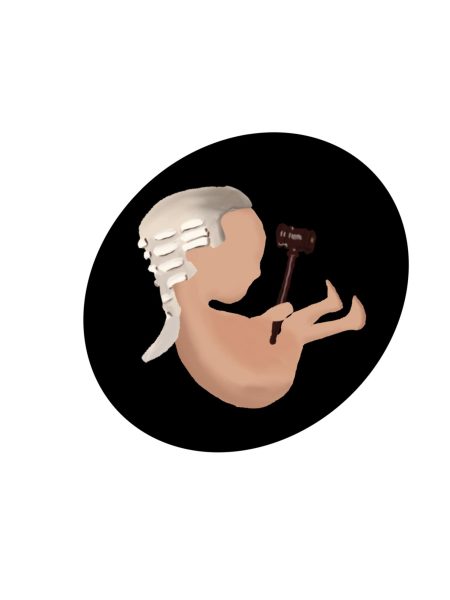The case of inaccurate convictions
October 18, 2022
After spending nearly 23 years in prison, Adnan Syed is now a free man. Syed, the subject of the hit podcast “Serial,” was convicted in 2000 for the 1999 murder of Hae Min Lee. According to NPR, his release occurred due to prosecutors violating the Brady rule, which requires prosecutors to turn over any evidence that could help the defense. Unfortunately, Syed’s case is an exception to the rule. Wrongful convictions are not easy to overturn, and the Supreme Court might make it even harder.
The National Registry of Exonerations, a project launched in 2012, aims to provide reliable data and information on the exonerations of innocent criminal defendants. Their findings alone are staggering. The Registry recorded 161 exonerations in 2021. At least 102 of those exonerations involved official misconduct. The project defines official misconduct as “Police, prosecutors, or other government officials [who have] significantly abused their authority or the judicial process in a manner that contributed to the exoneree’s conviction.” Fifty-nine of the cases marred by official misconduct were homicide cases.
Exonerees lost an average of 11.5 years of their lives due to wrongful imprisonment. As a result of someone’s improper actions, innocent people lost at least a decade of their life behind bars. These statistics do not include people who died serving their sentences or who are waiting for an appeal. It is already an uphill battle trying to get a conviction overturned. Reed v. Goertz might change that.
The state of Texas is about to execute Rodney Reed for capital murder. Reed claims he is innocent and believes post-conviction DNA testing could prove his innocence. The Supreme Court is hearing his case, but not for the reason you might expect. It is over whether he filed his legal claims in time.
Reed, a Black male, was convicted by an all-white jury of the 1996 murder of 19-year-old Stacey Stites, a white female. According to CNN, investigators targeted Reed because they found his DNA inside of her. The problem is Reed wants the belt used to kill Stites to be tested for DNA. He was denied by a state court, despite a Texas law that allows a convicted person to obtain post-conviction DNA testing. Reed is now arguing this denial violates his rights to due process; however, a federal appeals court held Reed had waited too long. This would essentially give Reed a deadline that he failed to meet.
The Supreme Court’s potential ruling could create an even more significant obstacle for people affected by wrongful convictions. If there is evidence that contains traces of DNA, it should be tested to ensure the correct suspect was apprehended. However, enforcing a deadline is harmful, especially when new evidence may emerge. Who determines when it starts? How long would it take? Would it vary state by state?
Reed’s case is disturbing because he claims there’s evidence that casts suspicion on another suspect: Stites’ fiancé, Jimmy Fennell. Reed could be guilty of Stites’ death, but why doesn’t the state of Texas try to ensure they have got the right man? Testing the belt for DNA would remove any reasonable doubt about who the perpetrator is. Refusing to do so would be a miscarriage of justice. Botched investigations harm not only the wrongfully convicted but also the victims’ families.
Imagine believing that the prosecution conducted a full investigation in your loved one’s death, but you find out they convicted the wrong person years later. Or even worse, the correct person might have been caught but then released due to prosecutorial misconduct. Unfortunately, this is the reality for Hae Min Lee’s family.
“Going through it again is like a living nightmare,” Young Lee, Hae Min Lee’s brother, said during the hearing to vacate Syed’s conviction.
Blindsided by the system they trusted, there is no reassurance for the Lees. The nightmare continues for them every day. Sadly, the prosecution likely will not be held accountable for the irreparable damage they have done to the Lees and Syed. Nothing can make up for years of suffering as trauma still lingers.













